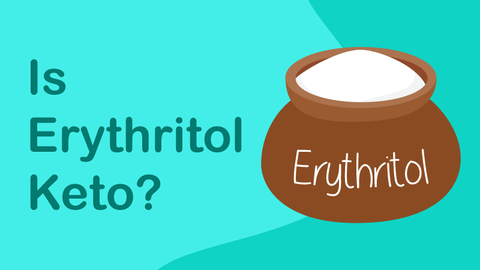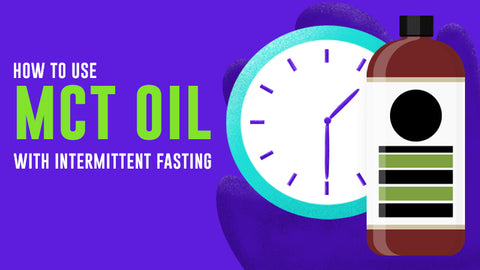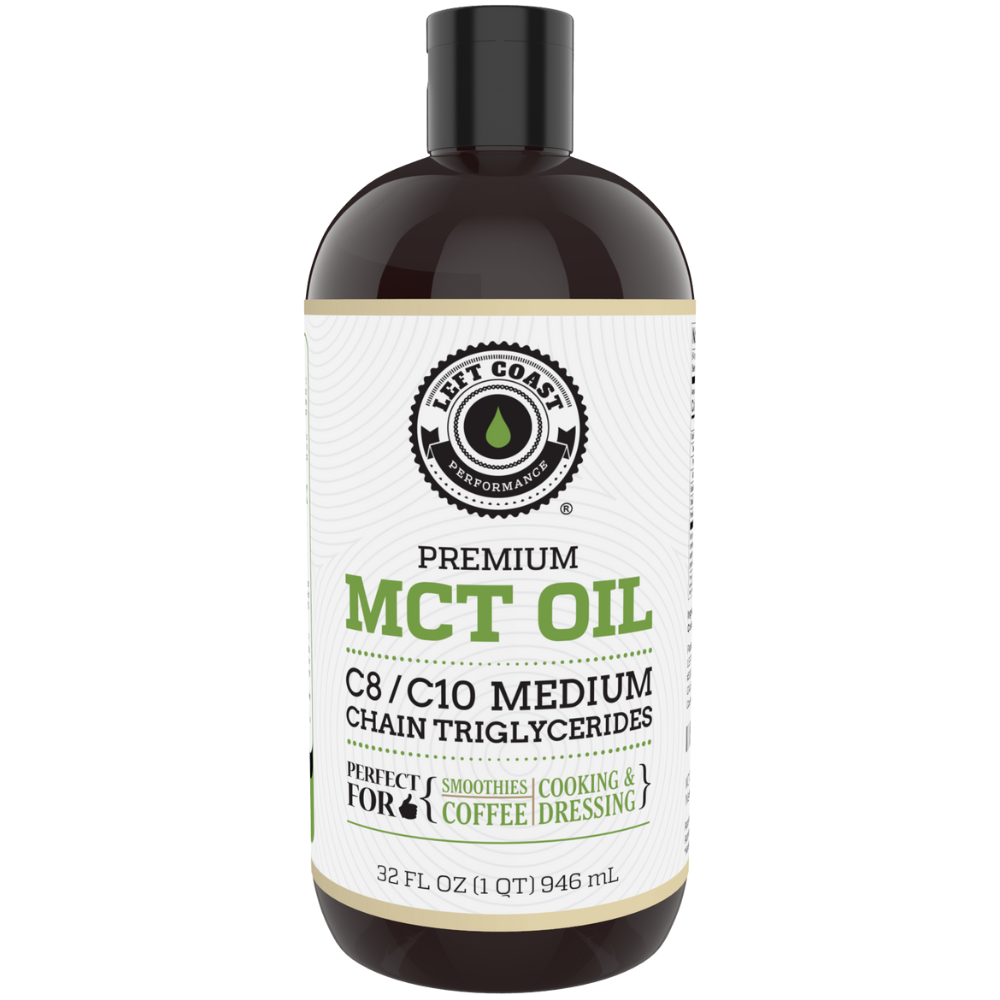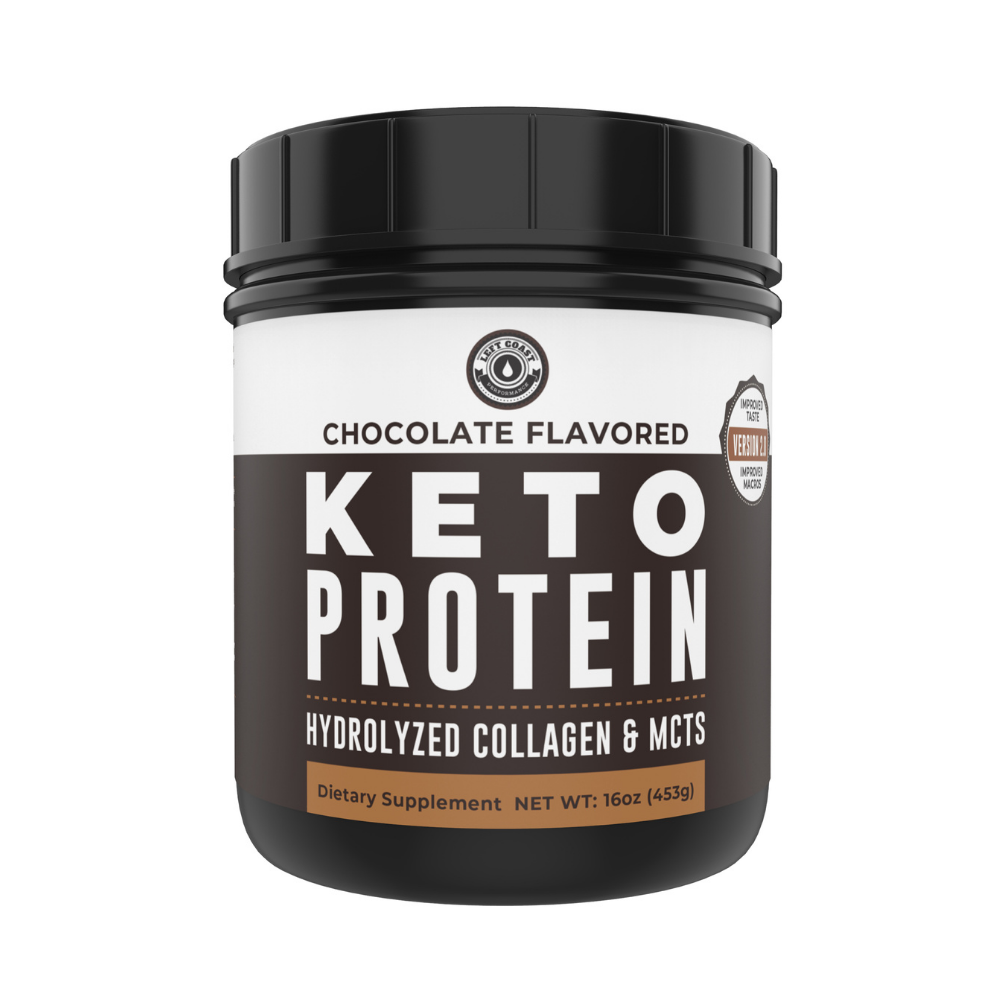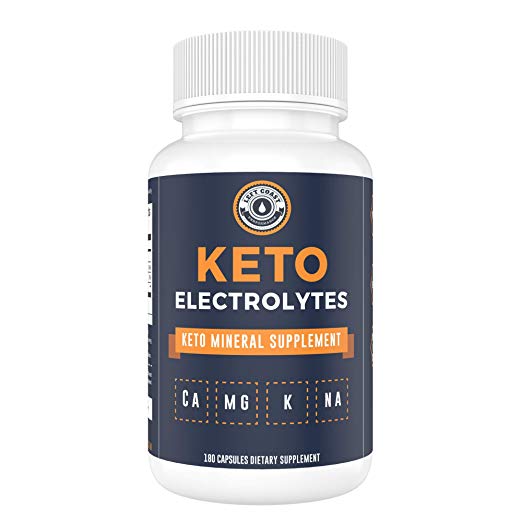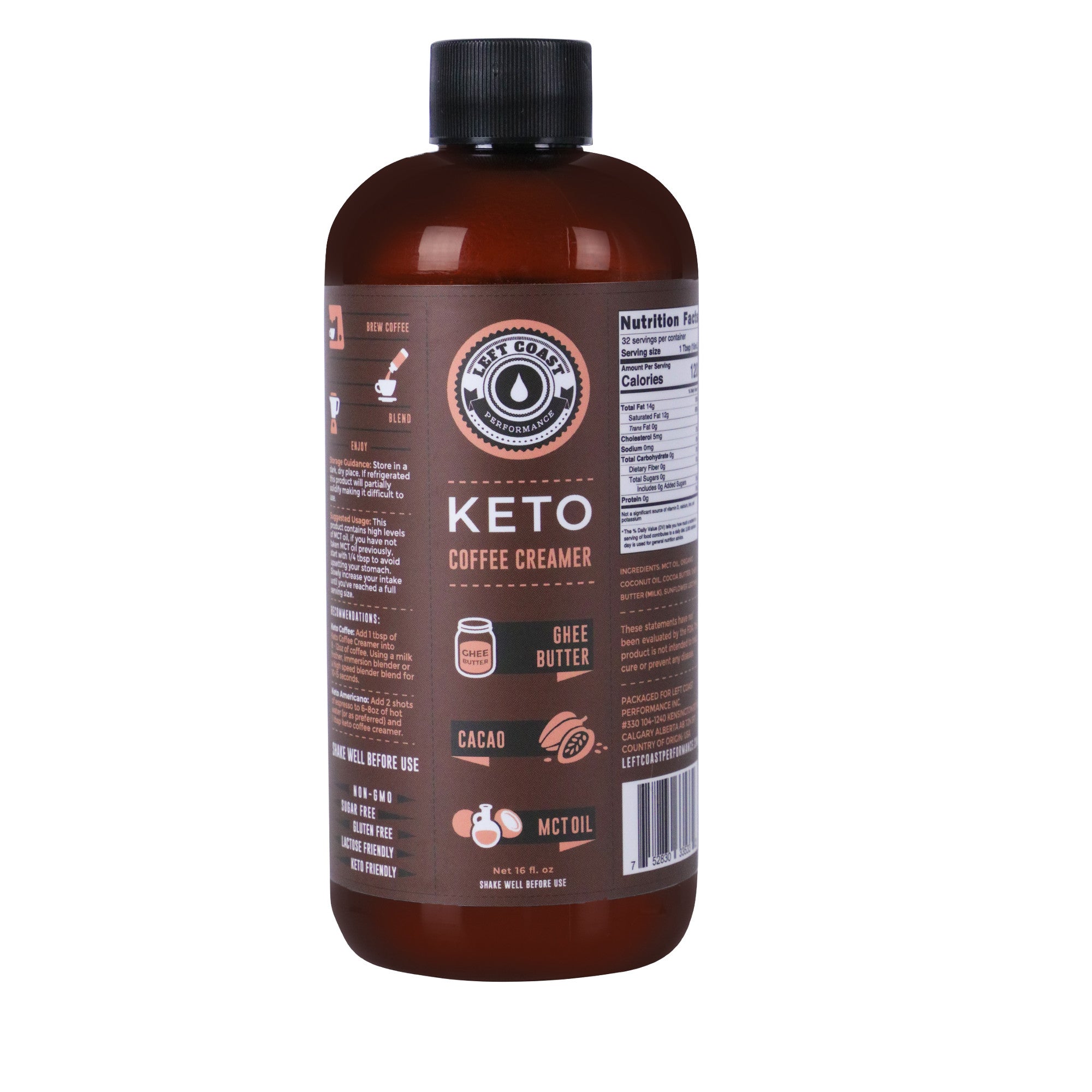Bone Broth Protein Vs Whey: How To Choose the Best Option, Which is Better for Keto, and Benefits of Each

on May 08, 2019
In recent years Bone Broth protein has gained more attention as a viable, non-vegan alternative to whey. However, compared to whey protein Bone Broth protein is relatively obscure and unknown protein supplement.
Whey Protein Powder - What Is It and Why Is It Still The Most Popular Type of Protein?
The short and most obvious answer to this question is because it’s a cheap form of highly concentrated protein. Even one of the highest forms of quality whey protein - grass-fed pasture raised whey from New Zealand - is on par cost wise with many other forms of protein powder.
There is a good explanation for this:
Whey is produced as a by-product of producing cheese and so the dairy industry has to find economical ways to utilize it. There aren’t a lot of practical applications of Whey outside of protein powders, protein drinks, protein shakes etc.
Of course, just because something is a by-product or it’s economical does not mean it’s a poor product. In fact beyond it being extremely cheap, whey protein is also extremely bioavailable and unlike some of the plant based protein powders on the market it’s a complete protein.
A few of other things that whey has going for it:
- It mixes well
- It has a fairly neutral flavor that can be easily masked
- It adds creaminess to shakes and smoothies
- It’s rich in BCAAs (the amino acids leucine, isoleucine and valine), an important group of amino acids for muscle recovery.
- It contains a high level of essential amino acids
The biggest drawback to whey protein is that a lot of people are sensitive to whey. It’s estimated that 65% of the population is lactose intolerant and although whey protein generally contains very little lactose, it is still often difficult on the digestive system.
To compound the issue even if you aren’t lactose intolerant you may experience an inflammatory response to milk protein. If you’ve ever found yourself with excessive mucous, acne or feeling stuffed up post shake, that is your body’s way of telling you, you need to find a new protein powder.
What Is Bone Broth Protein Powder?
Bone Broth Protein Powder is made by making Bone Broth the traditional way; by cooking bovine (or chicken) bones along with adhering tendons, cartilage and meat over long periods of time at low temperatures. This liquid is then spray dried creating a nutrient rich protein powder.
Generally speaking, bone broth is more expensive and harder to find. So why would you want to make this your go-to protein powder? Because bone broth has a wide range of health benefits.
For starters bone broth powder has a wonderful amino acid profile. It’s rich in hydroxyproline, proline, glutamine, arginine and most importantly glycine. All of these amino acids are essential building blocks for collagen.
Collagen is the most abundant protein in our body, it’s an incredibly important complex protein and as we age our bodies naturally produce less and less collagen. It’s estimated that collagen production declines 1% each year.
In addition to being a fantastic way to increase your collagen intake, bone broth is also rich in other beneficial compounds such as glucosamine and hyaluronic acid.
The Ever Growing Body of Research That Supports Supplementing with Collagen
Over the past several years collagen protein has become one of the more popular dietary supplements on the market. It’s long been associated with anti-aging, but as it’s popularity has increased more studies have been done demonstrating additional benefits.
A few of these key benefits include:
- Improved Skin Elasticity and Moisture Retention
This study demonstrated that supplementing with 2.5-5g of collagen resulted in improved skin elasticity and skin hydration in just 4 weeks.
- Improved Connective Tissue & Joint Health
Another study that spanned 24 weeks indicated that participants receiving 10g of collagen per day had decreased joint pain. According to Examine there have been numerous studies that show type II collagen can decrease arthritis symptoms and pain.
- Improved Gut Health & Digestion
Finally, another purported benefit of collagen is improved gut health. This study concluded that Collagen peptides can help prevent leaky gut syndrome.
Another study showed glycine increases the rate of gastric secretion. This is important because this acidic juice is what breaks food down and initiates digestion helping overall gut health.
Glycine: The Very Essential, Non-Essential Amino Acid
Glycine is considered a non-essential, conditional amino acid. For most people, our bodies shouldn’t have any issues producing glycine so long as we’re not sick, stressed or we’re eating enough protein. However, this study indicates that many may not be producing enough glycine.
And this study suggests that we can safely increase our Glycine intake to increase the amount of Glycine in our blood by three fold for added benefit without any drawbacks.
Unfortunately, there aren’t many foods that are rich in glycine. One of the easiest ways to get more is by using bone broth protein powder. Glycine accounts for nearly 20% of the amino acids in our Bone Broth Protein. Compare that to whey protein powder where glycine only consists of 1.5% of the Amino Acid profile.
So this is one major reason why you want to consider switching to bone broth protein powder.
So what does Glycine do, aside from being an essential component of collagen?
A little bit of everything.
That’s not an over exaggeration, glycine is has been shown to:
- Anti-inflammatory (study)
- Facilitate the production of Creatine (reference)
- Break down fatty acids (reference)
- Regulates / reduce blood sugar (study)
- Elevates serotonin which can improve sleep (study)
- Reduces risk of heart attacks (study)
- Help prevent arthritis (study)
- May help with weight loss (Study). More on this below.
In short, it’s incredibly important and there is a good chance that your body is not producing enough of it naturally. It’s even less likely that you’re maximizing all of glycine’s potential through diet alone.
Left Coast Performance bone broth protein contains more glycine (4g) than many glycine supplements on the market.
Switching from whey protein to bone broth protein is a terrific way to ensure you are getting more glycine in your diet.
Bone Broth Protein and the Keto Diet: A Perfect Pair?
Part of what makes the Keto such an attractive diet is the amount of success you can have while trying to lose weight.
Bone Broth protein pairs extremely well with the keto diet and weight loss - I know what you're thinking:
Aren't you supposed to restrict protein intake on the keto diet?
Sort of. Let's assume you're eating 1600 calories per day. On keto your macros generally look like this:
75% Fat, 20% Protein and 5% Carbs.
That means you're consuming 80g of protein a day. 80g of protein a day is no small amount. That is 26 slices of bacon or 20 avocados - it's a fair amount.
The primary concern is that excessive protein will kick you out of Ketosis but is that actually the case?
This study indicates that's simply not true and this article was an interesting self experiment on protein in-take.
There just isn't a lot of solid evidence that protein can kick you out ketosis on a LCHF diet. I would encourage you to test it for themselves to find their protein threshold.
But what about the potential upside?
- Protein is the most satiating macro, more so than carbs and more so than fat. Studies have shown that a high protein breakfast may help improve satiety.
- Protein increases metabolism (study).
- Bone broth protein is incredibly rich in the amino acid glycine which helps to regulate blood sugar (study) and can hep with weight loss (study)
- Glycine can help break down fatty acids
- Glycine may actually help improve Ketone levels. This is an interesting thread explaining that.
- Protein is essential to build muscle.
So perhaps with your diet you're getting 70g of protein, kicking in a half scoop of bone broth protein powder is a great way to get a few extra grams of protein in your diet.
Glycosaminoglycans in Bone Broth (Glucosamine and Hyaluronic Acid)
In addition to glycine, Bone broth also contains two important glycosaminoglycans – Glucosamine and Hyaluronic Acid.
Glucosamine has long been used as a supplement recommended for helping with joint pain. There is also some evidence that Glucosamine can help treat inflammatory bowel disease.
Hyaluronic Acid helps promote health skin according to both this study and this study. It is also thought to help promote Collagen.
A Quick Recap: The Benefits of Bone Broth Protein
- It’s rich in the amino acids that make up collagen
- Collagen is beneficial for skin, hair and nails
- Collagen can help reduce joint pain
- Collagen can help gut health
- Bone Broth contains high levels of glycine
- Reduces inflammation
- Facilitates that production of creatine
- Helps break down fatty acids
- Regulates blood sugar
- Aids in sleep
- Improves cardiovascular health
- Helps prevent arthritis
- Aids weight loss
- It contains Glucosamine and Hyaluronic Acid which help joint and skin health
A Quick Recap: The Drawbacks of Bone Broth Protein?
- It’s more expensive than whey protein concentrate
- It does not mix as well as whey protein powder. It needs to be blended.
- It’s not as flavor neutral as whey.
- It’s not as rich in BCAA’s compared to whey protein which is better post-workout
Amino Acid Profile Whey Protein Vs. Bone Broth Protein
As discussed earlier, one advantage of whey protein is the percentage of BCAA’s that it contains. Whey’s amino acid profile is made up of approximately 23% BCAAs. Comparatively bone broth contains approximately 8%.
Where bone broth shines is the level of glycine and other collagen forming amino acids including proline and hydroxyprofile. These three amino acids make up nearly 40% of bone broth’s amino acid profile. Whey contains approximately 6%.

Bone Broth Protein or Whey Protein Powder?
Aside from cost, the major drawback is the lack of BCAA’s found in Bone Broth protein.
Here is the interesting thing about that:
If you exercise regularly and are trying to improve performance, you may want to consider taking BCAA’s before working out for increased muscle recovery and protein synthesis. However, whey protein’s dosage of BCAA’s is generally considered too low for maximizing recovery and muscle synthesis.
This study showed that a 14g scoop of BCAA out performed a 28g scoop of protein powder.
So, if you are looking for muscle growth (and can afford it) you’d be better off supplementing with a BCAA and Bone Broth protein powder versus just whey. Combining a BCAA supplement with Bone Broth Protein powder creates a fantastic amino acid profile.
Also, if your main goal is to lose weight, or you just want a well rounded protein powder for health and wellness, you’d be better off supplementing with bone broth protein over whey. The collagen, glycine and glycosaminoglycans make bone broth protein a wonderful addition to your daily wellness regime, promoting healthy skin, gut-health and abundant levels of glycine in the body.
Whey protein powder has its place as a cheap means to get extra calories and protein, however as an overall supplement for improved health and wellness, bone broth is a superior, gut-friendly protein powder due to its many benefits.




